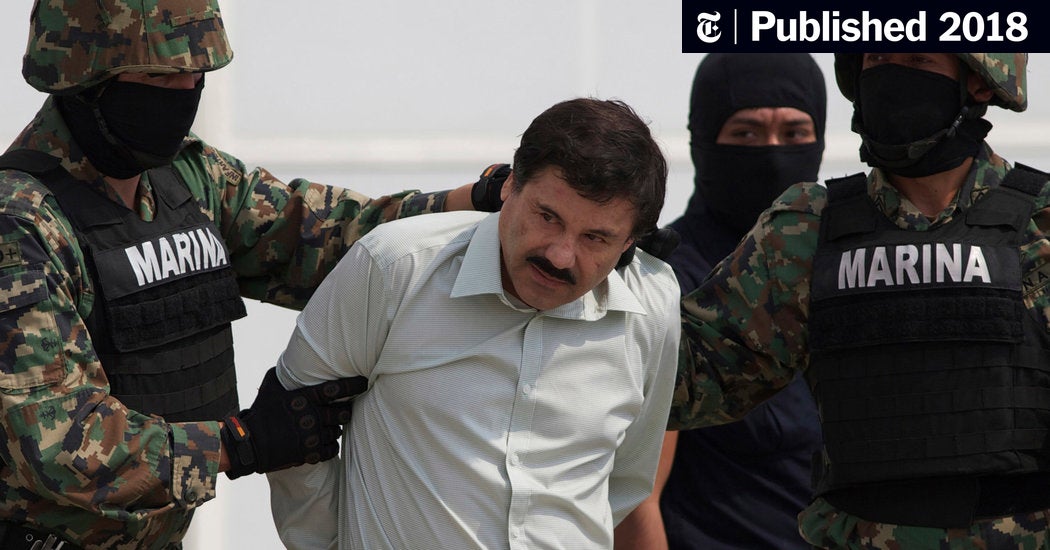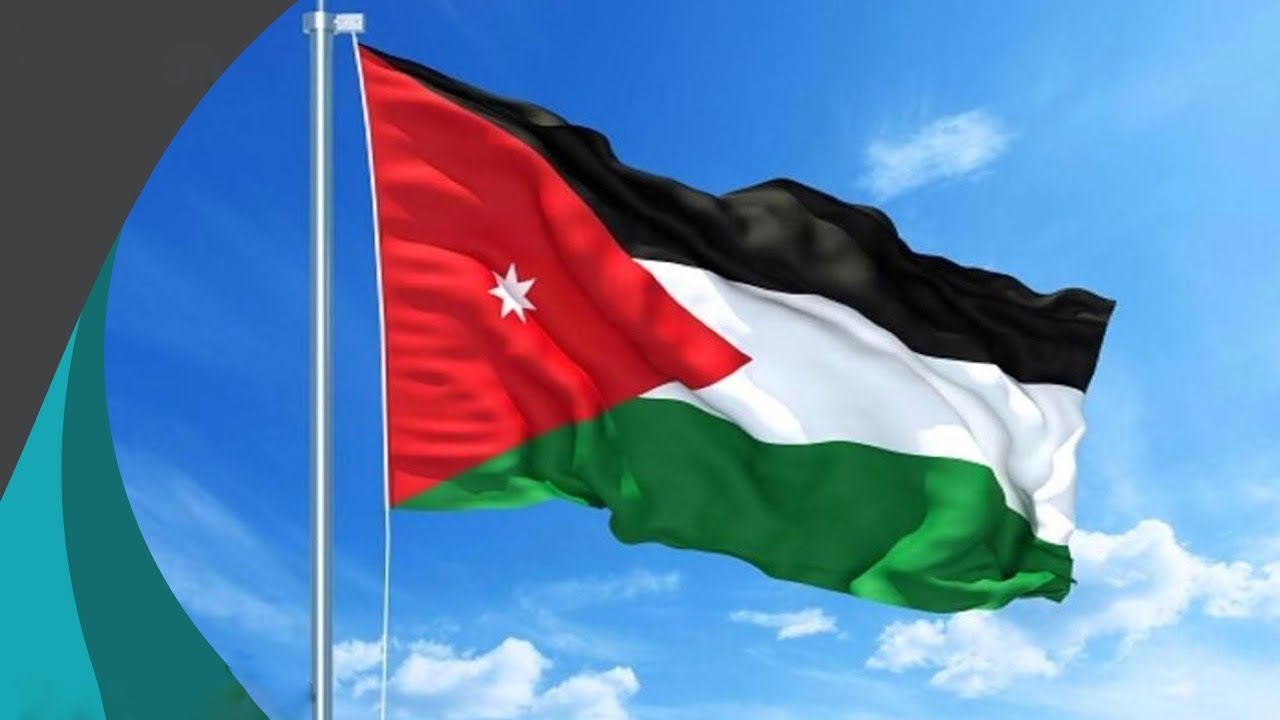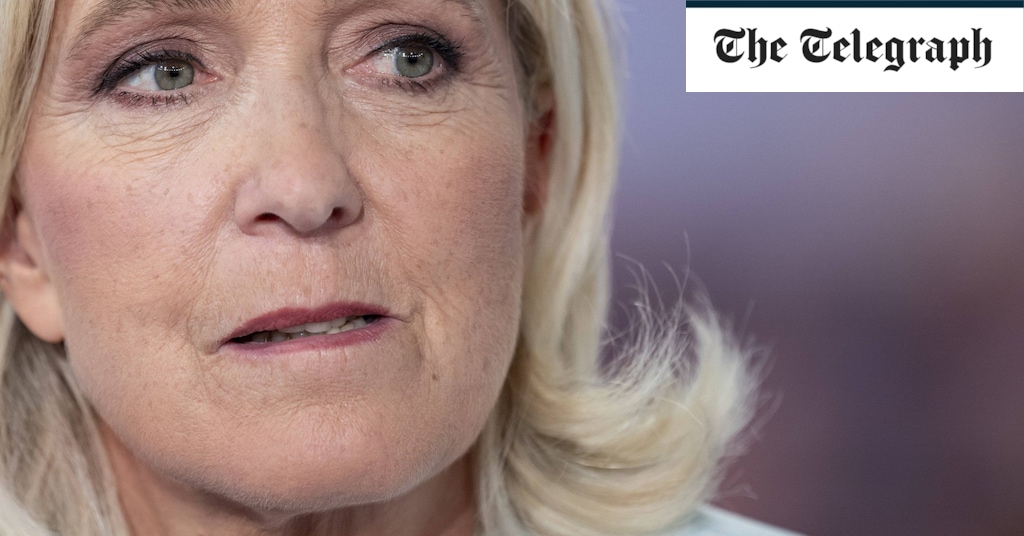US Prosecutors Will Not Seek Death Penalty Against El Chapo's Son

Table of Contents
The Charges Against Ovidio Guzmán and the Decision to Forgo Capital Punishment
Ovidio Guzmán faces serious charges, primarily related to drug trafficking and conspiracy. The indictment alleges his involvement in a vast drug trafficking operation, importing massive quantities of cocaine, methamphetamine, and fentanyl into the United States. These accusations carry potential life sentences under US law.
The decision by US prosecutors to forgo the death penalty is a complex one with several potential explanations:
- Challenges in Securing a Conviction: Capital cases are notoriously difficult to prosecute, requiring an extremely high burden of proof. The prosecution might have assessed a lower chance of securing a death penalty conviction given the complexities of international jurisdiction and potential witness protection challenges.
- Diplomatic Considerations: The decision could reflect a strategic move to foster better cooperation with the Mexican government. Pursuing the death penalty could significantly strain US-Mexico relations, hindering joint efforts in combating drug trafficking.
- Strategic Legal Maneuvering: Forgoing the death penalty might be a strategic move to secure a plea bargain, potentially leading to a quicker resolution of the case and valuable information about the Sinaloa Cartel's operations.
Key Charges Against Ovidio Guzmán:
- Conspiracy to distribute cocaine
- Conspiracy to distribute methamphetamine
- Conspiracy to distribute fentanyl
- Money laundering
Implications for the Ongoing Drug War and US-Mexico Relations
The decision not to seek the death penalty against El Chapo's son has far-reaching implications for both the drug war and US-Mexico relations.
- Impact on Drug Cartels: Some experts fear that this decision could embolden other cartel members, sending a message that the ultimate penalty is off the table. However, others argue that a lengthy prison sentence without the death penalty still serves as a strong deterrent.
- US-Mexico Relations: The decision's impact on bilateral cooperation is complex. While it could potentially ease tensions, it might also fuel criticism of the US justice system in Mexico. The success of future joint operations hinges on maintaining a delicate balance.
Potential Consequences:
- Positive: Improved cooperation between US and Mexican law enforcement agencies, increased intelligence sharing.
- Negative: Increased cartel activity, potential escalation of violence, strained diplomatic relations.
Legal Precedents and Similar Cases
The decision to not pursue the death penalty in Ovidio Guzmán's case can be analyzed in light of previous legal precedents and similar cases involving high-profile drug traffickers. While each case is unique, the prosecution's assessment of evidentiary strength, diplomatic considerations, and the potential for plea bargains likely played a significant role.
- Comparison with other cases: Examining past cases involving major drug traffickers, including those within the Sinaloa Cartel, reveals variations in sentencing based on factors like the nature of the evidence, cooperation with authorities, and political context.
- Relevant Legal Precedents: Analysis of past Supreme Court rulings on capital punishment, particularly regarding international implications and extradition agreements, could provide context for the current decision.
Public Reaction and Future Legal Proceedings
Public reaction to the decision has been mixed, with various stakeholders expressing diverse viewpoints. Some celebrate it as a strategic move that prioritizes cooperation over retribution, while others criticize it as being too lenient considering the severity of the crimes.
The next steps in the legal proceedings will include:
- Plea negotiations: Prosecutors may attempt to secure a plea agreement in exchange for cooperation from Ovidio Guzmán.
- Trial: If negotiations fail, a full trial will ensue, presenting a high-stakes legal battle.
- Sentencing: Even without the death penalty, Ovidio Guzmán faces decades in a US prison.
Public Opinions:
- Support for leniency to foster better US-Mexico cooperation.
- Criticism for what is seen as a lenient sentence given the gravity of the charges.
- Concerns about potential future cartel activity.
Conclusion: The Future of the Case Against El Chapo's Son – Analyzing the No Death Penalty Decision
The US decision not to seek the death penalty against Ovidio Guzmán is a pivotal moment in this high-profile case. The implications extend far beyond the courtroom, impacting the ongoing drug war, US-Mexico relations, and the future of cartel activity. While the decision might appear lenient to some, it reflects a complex calculation involving legal strategy, diplomatic considerations, and the pursuit of broader objectives beyond mere punishment. The coming months will be crucial in determining the ultimate outcome of El Chapo's son's trial, and the long-term consequences of this significant legal development. Stay informed about the ongoing legal case, follow developments related to Ovidio Guzman sentencing, and learn more about the complexities of the US-Mexico drug war and the death penalty implications.

Featured Posts
-
 Cota Moto Gp Johann Zarcos Dramatic Performance Upgrade
May 29, 2025
Cota Moto Gp Johann Zarcos Dramatic Performance Upgrade
May 29, 2025 -
 Talk To Mes Sequel Trailers Reveal A Escalating Level Of Disturbing Horror
May 29, 2025
Talk To Mes Sequel Trailers Reveal A Escalating Level Of Disturbing Horror
May 29, 2025 -
 Eyd Alastqlal Alardny Thnyt Khast Mn Alshykh Fysl Alhmwd
May 29, 2025
Eyd Alastqlal Alardny Thnyt Khast Mn Alshykh Fysl Alhmwd
May 29, 2025 -
 April 7 2025 Space X Launches 27 Starlink Satellites
May 29, 2025
April 7 2025 Space X Launches 27 Starlink Satellites
May 29, 2025 -
 Le Pen Denounces Embezzlement Conviction As Witch Hunt At Paris Rally
May 29, 2025
Le Pen Denounces Embezzlement Conviction As Witch Hunt At Paris Rally
May 29, 2025
